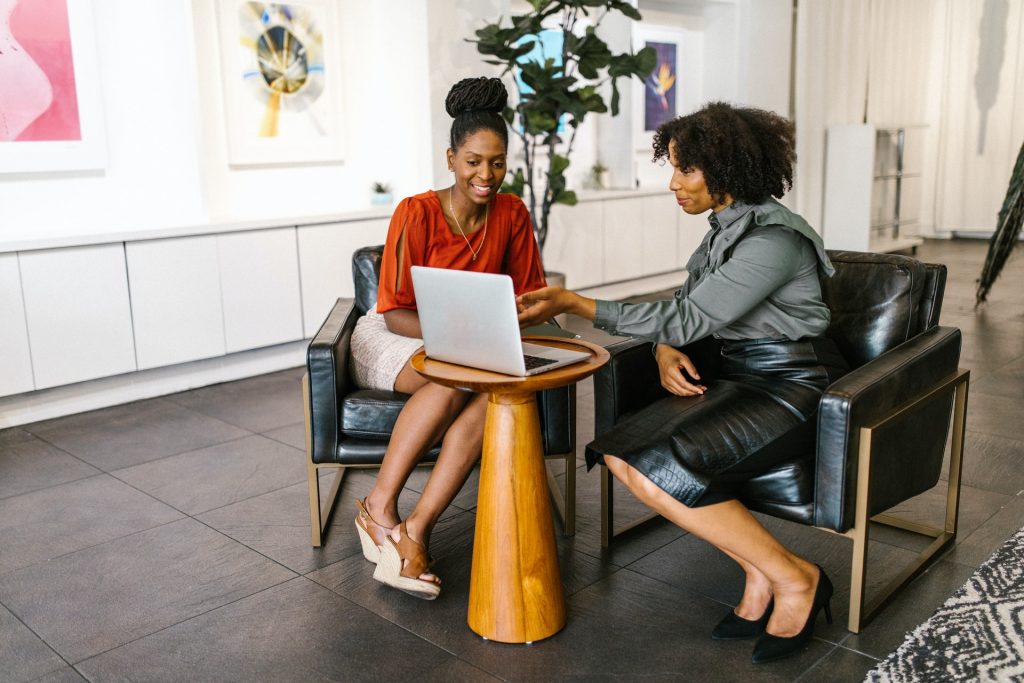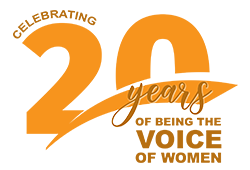By Irene Charnley

As women empowerment is the rallying cry, the world is changing its stance, albeit reluctantly and at a slow pace.
While we are all enjoying globalisation, the technological evolution, digital revolution and the opportunities they bring, the ongoing gender discrimination and inequality, as well as gender-based violence and femicide (GBVF), are being debated in order to bring winds of change in this booming world.
The current tsunami of GBVF overwhelms newspapers and newsfeeds everywhere. No day passes by without new revelations of atrocities against women and girl children surfacing and charges being levelled against men.
Women and COVID-19
International women’s day is commemorated in order to remember and appreciate women’s overall achievements. It is a global day celebrating women’s unity, advocacy and reflection on their progress and deliberate actions towards the winds of change.
While this year’s theme is ”We are strong: Women leading the fight against COVID-19”, let us remember the women who have gone before us. Let us appreciate their achievements, and renew our commitment to “inspire change,” day after day, until equality is attained for all women.
The COVID-19 pandemic’s widespread ramifications have brought the world to its knees with majority women in the frontline at higher risk. These women, our sisters are many single parents, wives and caregivers to family members. They continue to carry the burden of care in all spheres of society.
Care International, a non-governmental organisation, released a report titled Gender Implications of COVID-19 outbreaks in Development and Humanitarian Settings. In its analysis it shows that the pandemic could disproportionately affect women and girls in a number of ways, with repercussions on education, food security, nutrition, health, livelihoods, and protection.
“Even after the outbreak was contained, women and girls may continue to suffer from ill-effects for years to come,” it reveals.
On the health front, experts also point out the lack of support for women’s needs in times of crisis.
Increase in domestic violence has been another major factor as mental health professionals, mostly women, across the world report a rise in abuse cases as the battle against the pandemic intensifies.
Indeed, as women health workers bear the brunt of the COVID-19 pandemic, the history of International Women’s day is rich in stories of courage, perseverance, resistance, change, inspiration and celebration.
However, there is still much to be done on diverse and important issues such as economic equality, gender equality, political status and reproductive justice. Here at home and abroad, there is much to do to ensure women attain their basic human rights.
South African women’s overall achievements
For me the big question is, what have been South African women’s overall achievements, particularly since we attained democracy 27 years ago?
For years, women have been making incremental strides in corporate South Africa in pursuit of equity in pay, position and power in the competitive world of business. At the same time, black women have been making inroads into corporate boardrooms, the true bastion of male dominance and influence.
But much more can be done to get more African women in particular, appointed to the boards of major corporations and leadership positions across all economic spheres.
This is illustrated by the latest reports by the Business Women’s Association of South Africa (BWASA), titled: Women in Leadership Census, Price Waters and Cooper’s Executive Directors: Practices and remuneration trends report, or Bain & Company’s Gender (Dis)parity in South Africa.
According to BWASA, only 20.7% of local directors and 29.4% of executive managers are women, with just 11.8% holding chairperson positions. PwC says that currently, out of all the companies listed on the JSE, a mere 3.31% of their CEOs are female.
Women and politics
Politically, at present, women in South Africa comprise 52% of the population and 54% of the electorate.
Overall, our Rainbow Nation has made notable progress, and has arguably one of the most gender-diverse parliaments in the world, ranking number three in Africa after Rwanda and Ethiopia with 50%, 61% and 50 % respectively and tenth globally. However, our country still falls short in achieving gender parity.
At the provincial level, women’s representation increased from 30% to 43% after the 2019 elections. Limpopo province has the largest proportion of women, with 53% of seats in the legislature occupied by women, surpassing the South African Development Community’s parity target.
Additionally, women constitute 43% of Cabinet and 40% of councillors in local government.
Therefore, the demographics with regard to women’s participation in political processes are impressive by all accounts.
Looking at these statistics, the big challenge is how do we become more effective in inspiring change, not only in numbers but also delivery?
World-renowned feminist, journalist and social and political activist, Gloria Steinem says, “The story of women’s struggle for equality belongs to no single feminist nor to any one organisation but to the collective efforts of all who care about human rights”. It is therefore important to support the collective energy in being the winds of change.
Steinem is correct. As an executive for many years across the continent, I have observed that we can work as individuals, members of a group, or community or organisation to inspire greater meaningful change.
Collectively, we can make a difference
We should not minimise the importance and power of an individual woman be it a mother, a teacher or a daughter. However, collectively, as members of groups or organisations, we can inspire greater and more meaningful change by voicing opinions and concerns in numbers. Whatever avenue we choose, we can make a collective difference. We can inspire and achieve change.
Gender based violence and femicide response FUND1
To inspire change and push for gender equality, the IWFSA helped launch the Gender Based Violence and Femicide Response Fund1, to respond to the plight of women and children across all 44 districts of our country, who live in fear, and die every day, due the GBVF pandemic.
For us, the private sector not only has a stake in the prevention of GBVF, and in the social and economic empowerment of survivors, but also needs to demonstrateresponsible corporate citizenship in the fight to achieve gender equality.
Gender equality, after all, is a fundamental human right, and I believe that we can never meet goals of creating a better tomorrow if we are not all fair to women and girls.
Resourcing this goal is a critical collective action for change.
Extending supporting hand to women
At the workplace, discrimination, harassment or abuse against women can take place in many forms – it could be an unwelcome sexual gesture by a co-worker, or it could result in different salary benefits for the same kind of work or position. It could mean facing barriers that affect opportunities for employment or growth, or it could mean access to facilities that are easily available to men, but not to women.
As we play multiple roles such as mother, daughter, sister, wife and a working professional with remarkable harmony and ease and functioning with a spirit of team work, it is important to extend our supporting hands to women especially those who struggle in this stormy and challenging world.
It takes the institutionalisation of the mind-set to change the attitudes of a society. The “glass ceiling” is noticeably being cracked now but we are still some distance from smashing it altogether.
Gender equality is an extremely necessary corporate obligation, and I urge all businesses and business leaders to educate themselves on this fundamental human right.
Happy International Women’s Day. Let us pray and work together, men and women, boys and girls, for equality, justice and empowerment. Working collectively will ensure we achieve true freedom and respect and eradicate all the injustice, atrocities and vulnerabilities affecting women long after COVID-19.
Let us work together to mobilise our communities, neighbourhood and society in journeying with us to empower women to be agents of change.
Irene Charnley is President of the International Women’s Forum South Africa, a global organisation which facilitated the launch of the GBVF Response Fund1
First published on News24 – 8 March 2021


